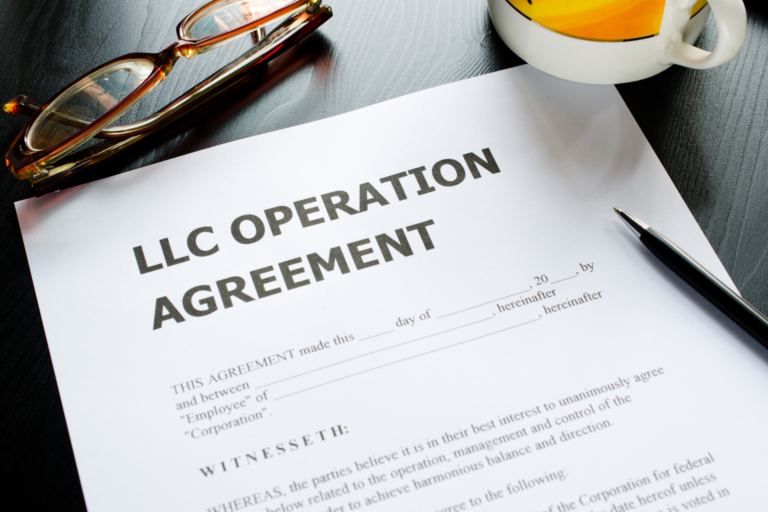In the United States, some states accept community property while others do not. The term “community property” is generally applied to any asset acquired by either spouse during a marriage, making it a property of both spouses.
Nonetheless, are Florida residents subject to community property laws? Keep reading to find out.
How Does Florida Treat Community Property? – The Verdict
There is no such thing as community property in Florida. Instead, state laws are based on “equitable distribution,” wherein the assets acquired by either spouse during the marriage are divided according to a determination of a judge based on principles of fairness and equitability.
Currently, nine states nationwide have community property laws in place – Arizona, California, Idaho, Louisiana, Nevada, New Mexico, Texas, Washington, and Wisconsin. Depending on the state, this classification is applied to assets that generally would be exempt from creditors (e.g., retirement accounts).
Still, as long as the spouses maintain proper segregation from other community property assets, most community property states do not consider inheritance or gifts as community property.
Moving to Florida – What Happens to Community Property?
When a person from another state moves into Florida, the community property held in other states remains community property. In this sense, Florida law does not create community property interests but rather imports these rights from other states.
Upon moving to Florida, the owners of community property will not become exempt tenants by the entirety considering community property rights are separate and do not include rights of survivorship in the event of death.
How Does Florida Treat Community Property? – Real-World Examples
Let’s say a married man originally established in Texas acquired and owned a membership interest in a limited liability company (LLC) formed in the same state. Years later, however, he and his wife decided to move to Florida.
Subsequently, a court in Texas awarded a creditor a judgment against the wife only, and the creditor decided to move the judgment to the state where the couple currently lives. While Texas is a community property state, Florida is not.
Considering community property law provides that each spouse has a specific separate interest of 50% in the other spouse’s property acquired in the course of the marriage, the wife had an interest in her husband’s share in the LLC.
While Florida laws do not create community property rights, the interest in the LLC was vested to the member’s wife while they lived in Texas. In such a case, the creditor might ask the court to charge a lien upon her LLC share vested as community property.
Is it Possible to Convert Community Property to Tenancy by the Entirety in Florida?
Generally, assets acquired as community property in other states remain as community property even after the owners move to Florida.
If assets originally designated as community property are used to purchase a different asset in Florida, the newly acquired asset is not community property. Similarly, it is possible to “convert” community property into non-community property within state jurisdiction.
For instance, if a married couple originally established in New Mexico owned a community property bank account there, they may convert the account upon moving to Florida by opening a new account under tenancy by the entirety and moving the funds previously held in the community property bank to this new account.
Immediately Contact an Expert Florida Attorney at Jurado & Associates, P.A.
Waste no time with uncertainty – contact a well-versed attorney from Jurado & Associates, P.A. today by calling (305) 921-0976 or emailing [email protected] for an individual assessment.






